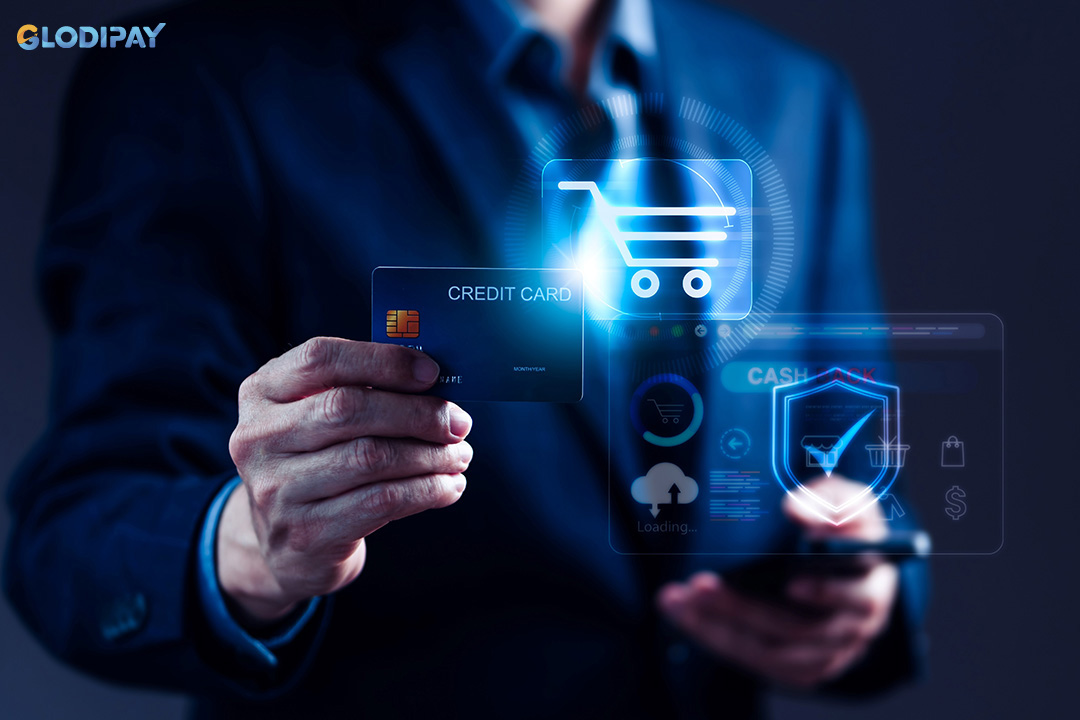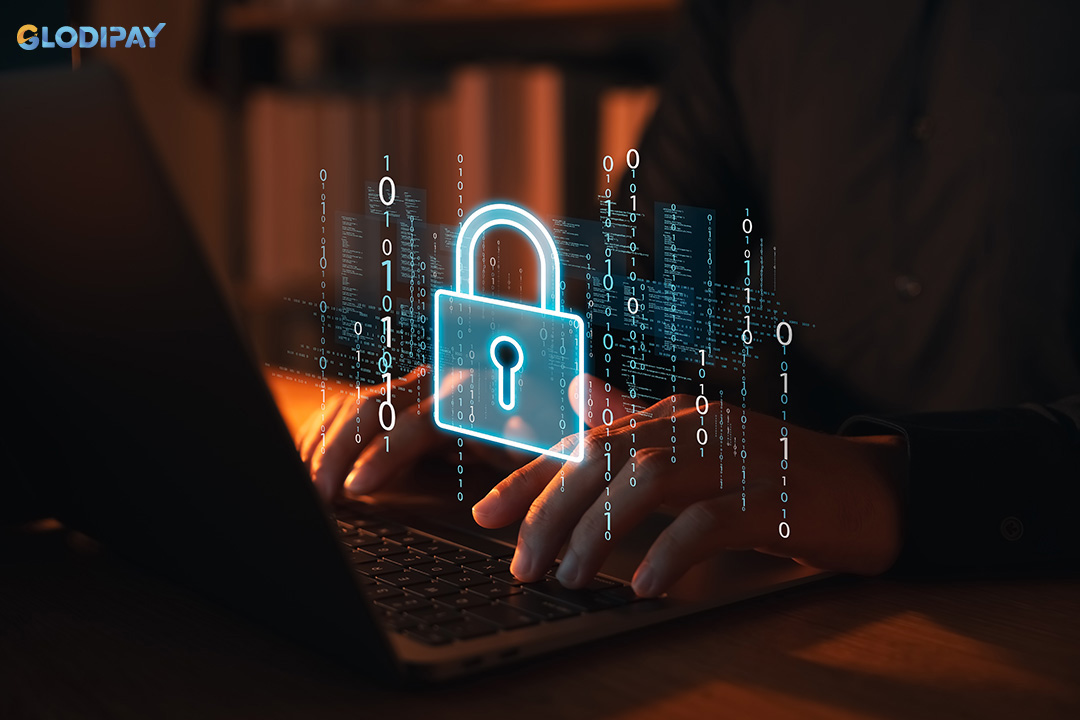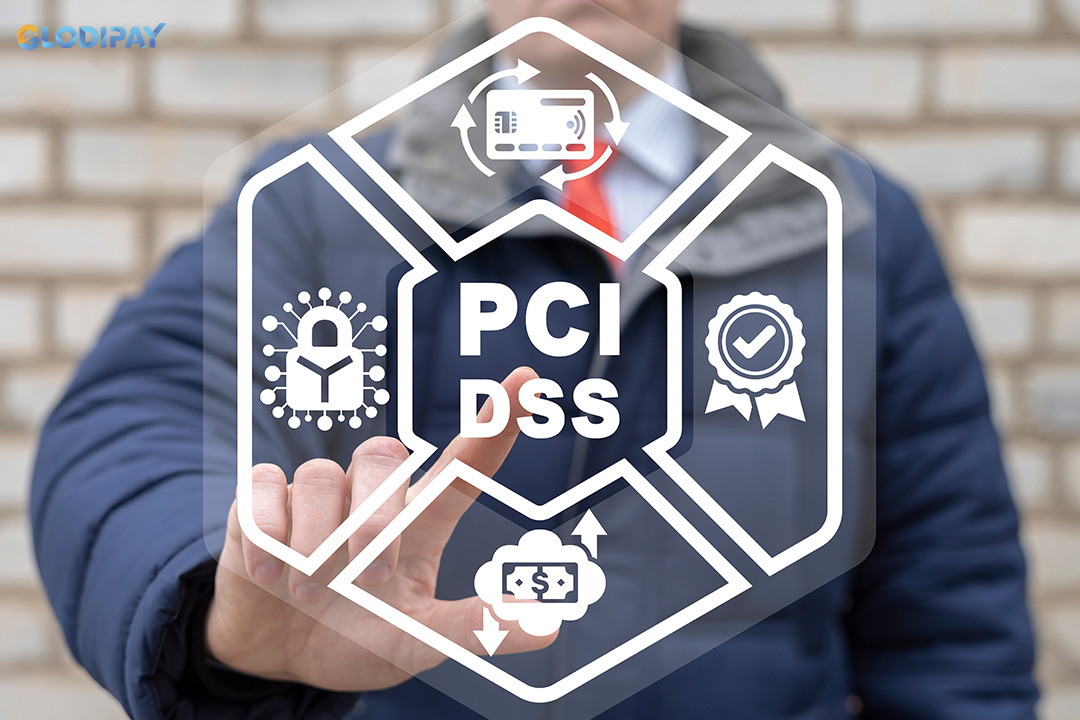Secure online payment transactions are becoming a top concern for consumers in the digital age. With the explosion of e-commerce and digital financial services, ensuring secure electronic transactions is the responsibility of businesses and a fundamental right of every user. This article will provide a thorough analysis of the importance of online payment security and modern solutions for protecting personal financial information.
Current state of online payment security
In the context of rapidly developing digital payments, cybersecurity threats are also becoming increasingly sophisticated and diverse. Online fraud, credit card information theft, and other forms of cyberattacks are alarmingly increasing.
Common types of attacks
Cybercriminals often use various methods to attack secure online payment systems. Phishing is one of the most common forms, where malicious actors create fake websites to steal login information and users' credit card data.
Additionally, Man-in-the-Middle (MITM) attacks are also very dangerous, as hackers intervene in the data transmission process between users and service providers. Malware and keyloggers are installed on victims' devices to monitor and record all keyboard activities, including sensitive information about bank accounts.

Common cyber threats to online payments include phishing, MITM attacks, and malware that steals sensitive financial data
Statistics on online fraud damage
According to recent international reports, damage from electronic payment fraud has increased significantly in recent years. In Vietnam, the State Bank has also recorded an increase in incidents related to electronic transaction security.
Statistical figures show that approximately 60% of consumers have experienced at least one security-related incident when conducting online transactions. This causes financial damage and reduces user trust in secure payment methods.
Main risks when payment security is lacking
Failure to ensure secure online payment transactions can lead to many serious consequences for both individuals and businesses. These risks are not limited to financial loss but also affect reputation and long-term business operations.
Direct financial damage
When secure online payment systems are compromised, direct financial damage is the first and most obvious consequence. Users may lose their entire bank account balance or have their credit cards used fraudulently.
For businesses, being attacked on online payment security systems causes financial damage and results in penalties from regulatory agencies. The cost of incident remediation, customer compensation, and security system upgrades can reach millions of dollars.
Loss of customer trust
Trust is the most important factor in e-commerce and financial services. When security incidents occur, customers will lose faith in the business's ability to protect payment information.
Restoring this trust usually takes a lot of time and cost. Many studies show that after experiencing fraud or personal information loss, consumers are generally very cautious and tend to choose other secure payment methods instead of returning to use the old service.

In e-commerce, once trust is broken by a security breach, regaining it is costly and customers may never return
Role of international security standards
International security standards play an important role in guiding and ensuring the quality of payment systems. These standards are not only recommendations but also mandatory requirements for operating in the financial industry.
PCI DSS standard
Payment Card Industry Data Security Standard (PCI DSS) is a security standard developed by major credit card organisations like Visa, MasterCard, and American Express. This standard specifies specific requirements for protecting payment information and ensuring secure electronic transactions.
PCI DSS includes 12 main requirements. These requirements are organized into 6 key objectives. The objectives are: build and maintain a secure network, protect cardholder data, maintain a vulnerability management program, implement strong access control measures, regularly monitor and test networks, and maintain an information security policy.
GDPR and data security
The European Union's General Data Protection Regulation (GDPR) has had a major impact on how businesses process and protect personal data. Although not directly an online payment security standard, GDPR has very strict regulations regarding financial information protection.
Under GDPR, businesses must notify regulatory authorities and users of any data breaches within 72 hours. This creates significant pressure for organizations to invest heavily in secure payment method solutions and security monitoring systems.

GDPR compels businesses to strengthen data protection, making secure payment systems and rapid breach response a legal necessity
Using GLODIPAY global payment gateway for secure transactions in online payments
In the context of businesses increasingly expanding their operations internationally, choosing a reliable payment gateway becomes a key factor. GLODIPAY has established its position as one of the leading secure online payment transaction solutions with global coverage.
Outstanding features of GLODIPAY
GLODIPAY is an advanced international payment gateway supporting over 173 countries worldwide with the ability to process diverse currencies. This platform supports traditional payment methods and integrates modern solutions like e-wallets, bank transfers, and even cryptocurrencies.
GLODIPAY's highlight is its ability to meet the needs of non-physical services like AI (artificial intelligence) industries, alongside traditional sectors like travel and eLearning. This flexibility helps businesses expand their markets without worrying about online payment security issues.
Advanced 3D secure security technology
One of the factors that makes GLODIPAY a top choice for secure electronic transactions is the application of modern 3D Secure security technology. This technology creates an additional authentication layer for each transaction, especially important for high-risk industries.
GLODIPAY's dashboard interface is designed to be user-friendly and intuitive, helping even new users easily manage and monitor transactions. All information is displayed clearly and transparently, facilitating the monitoring and control of secure online payment activities.

GLODIPAY is a global payment gateway trusted by businesses in over 173 countries for its advanced security, flexible currency support, and high-risk industry compatibility
Secure online payments require collaboration among providers, businesses, users, and regulators. As e-commerce evolves, investing in modern security and raising awareness is essential. Technologies like AI, blockchain, and biometrics lead the way, but true safety lies in balancing protection, convenience, and user experience through joint effort. Contact GLODIPAY today to learn how your business can build a secure and seamless payment ecosystem.

